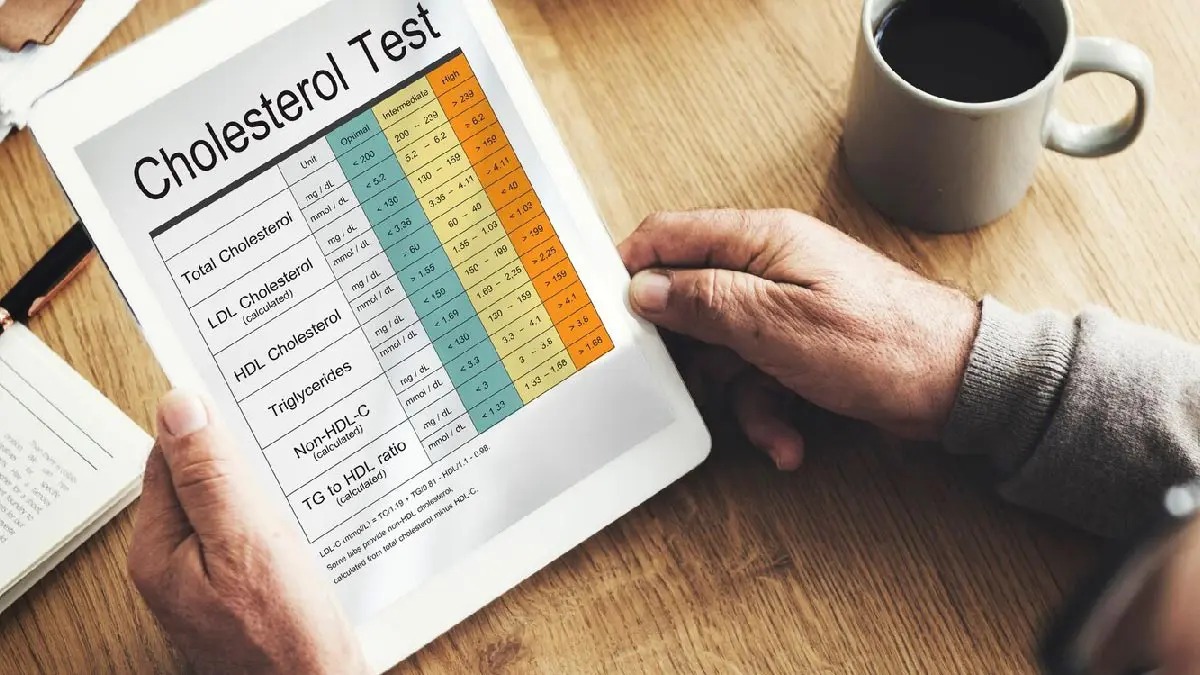
Cholesterol treatment: The first thought that comes to our mind when we hear the name of cholesterol is that it is harmful for our health. But let us tell you that a limited amount of cholesterol is necessary for our body. Actually, cholesterol is a type of lipid, fat, which helps in the formation of healthy cells.
But if its quantity starts increasing then it can cause heart disease. When cholesterol increases, some symptoms appear in our body. It is very important to know about them, so that necessary steps can be taken to control their level. Let us know from experts about the symptoms of high cholesterol and how to control it.
We spoke to Dr. Bimal Chhajar (former consultant of MMUS and director of SAAOL Heart Center, New Delhi) about this. He said that often there are no obvious symptoms of high cholesterol. For this reason, it is usually detected only when a serious disease has taken hold. But it has some symptoms, which indicate its increased levels in different parts of the body.
Symptoms of high cholesterol
1) Some symptoms of high cholesterol appear on a person's skin. Excess cholesterol causes yellow spots or lumps on the skin, often around the eyes or on the elbows and knees.
2) Similarly, some symptoms are seen in the hands and feet as well. Due to the accumulation of cholesterol, the arteries start shrinking and the blood flow decreases. Due to this, there may be tingling or stiffness in the hands or feet during any physical activity.
3) High cholesterol can also cause problems in the digestive system. It can cause gallstones. This causes pain in the upper right part of the stomach.
4) Heart related problems are most common due to increased cholesterol. Accumulation of plaque in the arteries obstructs blood flow. Due to which there may be complaints of chest pain. If the arteries get blocked, a heart attack can also occur, the common symptoms of which are chest pain and difficulty in breathing.
5) If an artery bursts or gets blocked due to plague, it affects the heart as well as the brain and can cause a stroke. After a stroke, a person may experience sudden weakness or numbness in a part of the body, confusion, difficulty in speaking and coordination.
How to control cholesterol?
Dr. Chhajar explains that lifestyle changes are most important to control cholesterol.
1) Control the amount of saturated fat in your diet. Also, avoid fatty foods, which are usually found in processed and fried foods.
2) Increase the amount of omega-3 fatty acids in your diet. This is a healthy fat that helps lower cholesterol.
3) Increase the amount of soluble fiber in the diet. It helps in controlling cholesterol levels.
4) Also, exercise regularly every day and try to maintain a healthy weight. Even a small amount of weight loss can significantly improve cholesterol levels.
5) Avoid smoking and drinking alcohol. Due to which cholesterol level starts increasing.
 look news india
look news india